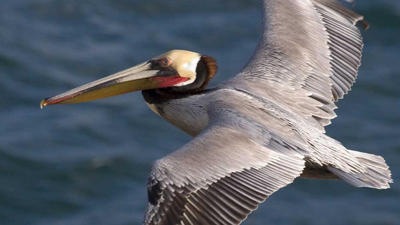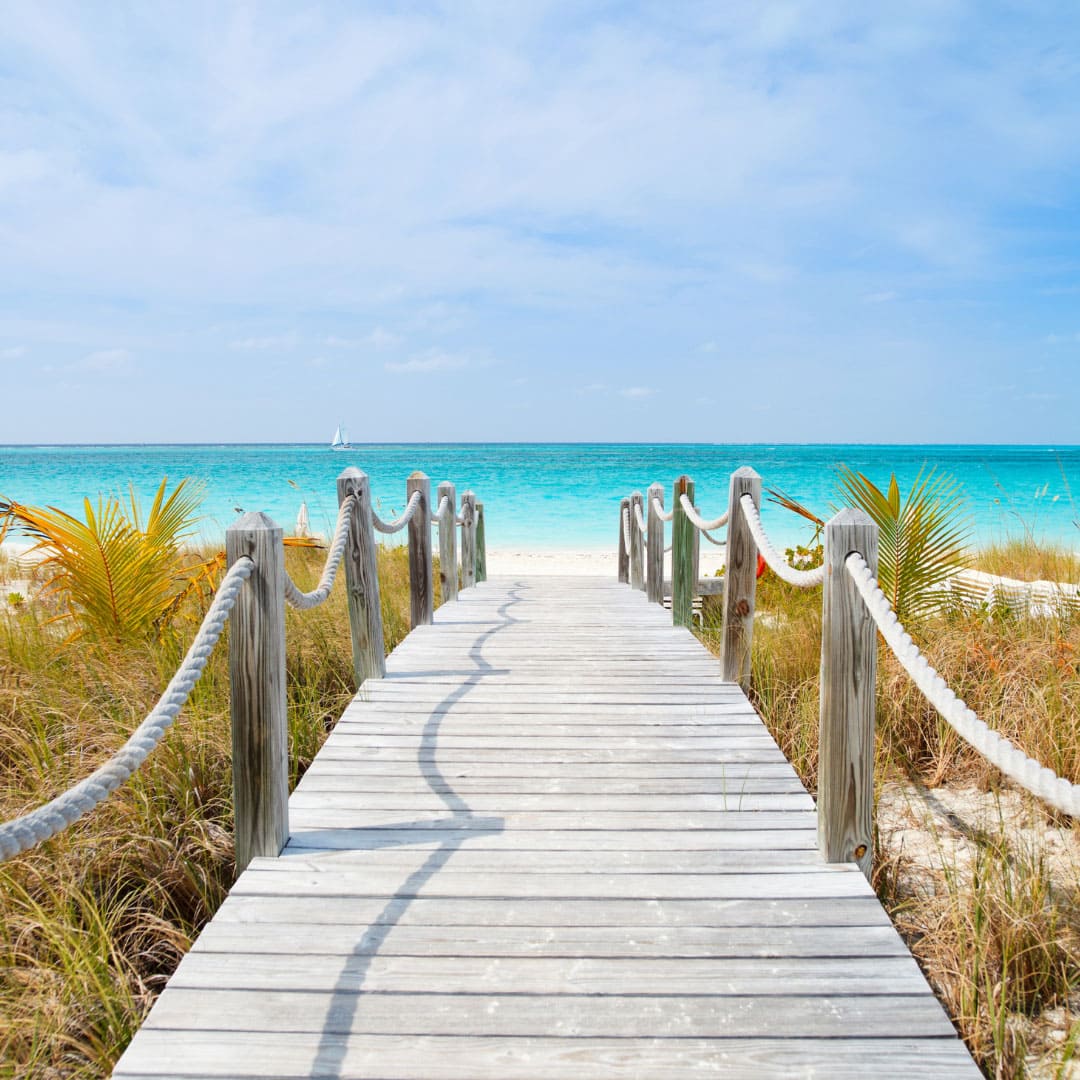 Fishing is an important part of the Florida lifestyle as well as its economy. Unfortunately, on occassion, this leisure-time activity can lead to problems for birds and other wildlife such as sea turtles and manatees. According to Florida Fish and Wildlife Conservation Commission (FWC) biologists, monofilament fishing line and fishing hooks can entangle these animals, leading to injury and even death.
Fishing is an important part of the Florida lifestyle as well as its economy. Unfortunately, on occassion, this leisure-time activity can lead to problems for birds and other wildlife such as sea turtles and manatees. According to Florida Fish and Wildlife Conservation Commission (FWC) biologists, monofilament fishing line and fishing hooks can entangle these animals, leading to injury and even death.
The brown pelican is one species that is especially impacted by monofilament line. These birds frequently spend time looking for an easy meal at piers and other fishing hotspots, where they are often hooked accidently when trying to grab bait off an angler’s line. Additionally, discarded monofilament line hanging from trees, piers and other structures can ensnare these birds. Once entangled, pelicans can have a difficult time flying and feeding.
The FWC offers these tips to help protect pelicans:
- Don’t leave fishing line unattended, as pelicans may be tempted to steal the bait on the end of the line.
- Do not feed pelicans or other wildlife, since it encourages them to approach fishing boats, piers and anglers. If available, use fish-scrap repositories. If they are not available, discard fish scraps in a garbage can or at home.
- Avoid casting near trees, utility lines and other areas where line may get caught.
- Check tackle frequently for frayed line that may easily break.
- Properly dispose of monofilament line. Store unwanted line safely and securely until it can be placed in a recycling bin.
If you do accidentally hook a pelican, you should avoid cutting the line. Gently remove the hook if you feel confident you can do so without causing harm to yourself or the bird. If you cannot safely remove the hook and line from the pelican, contact Wildlife Education and Rehabilitation Inc.
Learn more about the state’s monofilament recovery and recycling program »
Photo courtesy of the National Audubon Society’s website.




